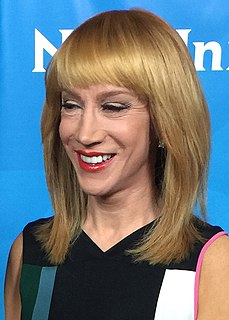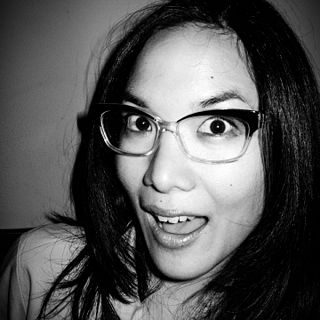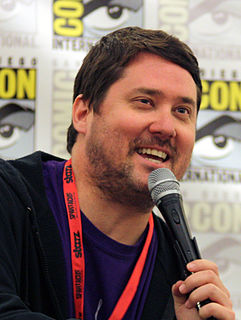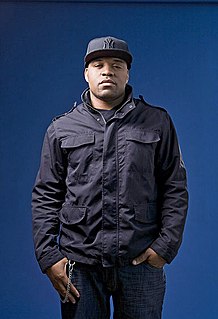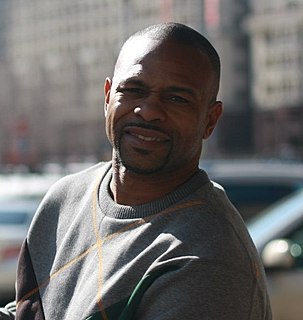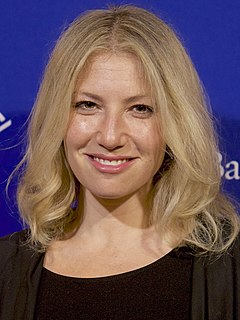A Quote by Johnny Carson
There's a lot of hypocrisy in audiences. I'd never dream of telling even on a nightclub stage, let alone my show, some of the jokes that are told in a lot of the living rooms from which we get those letters!
Related Quotes
Well, the coffeehouse audiences never know what they're going to get, and all the comics are different, as opposed to when you go to a club, and they're pretty much all telling jokes with set-ups and punchlines. Coffeehouse audiences are the most forgiving: They really listen, which is the best part.
Since my act is a goofy reflection of what's going on in my life, I started doing pot jokes, and I noticed that audiences invariably love pot jokes. Even people who don't smoke pot think it's a funny subject. So when I started getting laughs, I started doing more material about it. When people come to see my shows, there are a lot of stoners in the audience, but there are also a lot of people who just like me. So I try to give a healthy mix, where people aren't going "There are too many jokes about pot!" or "There's not enough jokes about pot!"
There are jokes I know I want to tell, and there's sort of a rough order, but usually I try to change it up every show, to improvise and talk with the audience. I think when you tell jokes, if you're not careful, you can end up telling the whole list of jokes and then that's it. And that can get a little boring.
I get some letters from a lot of people. Sometimes it's nice, with letters from kids or from parents of kids who want to be tennis players, but I also get racist letters. It's really painful to receive something like that because you're not ready for that. You think to yourself, 'That's really bad.' But I realise that there are people like that.
'The Martin Show,' the 'Jamie Foxx show,' 'Living Single,' 'The Wayans Brothers,' 'Hanging with Mr. Cooper...' Some of these shows were good, some were typical television, but they facilitated a lot of work for blacks in front of as well as behind the camera. A lot of us in Hollywood thought it was the beginning of a real racial breakthrough.


